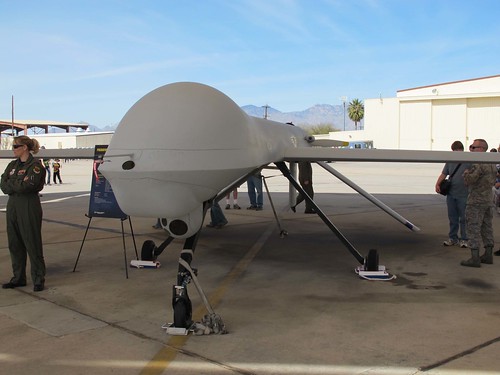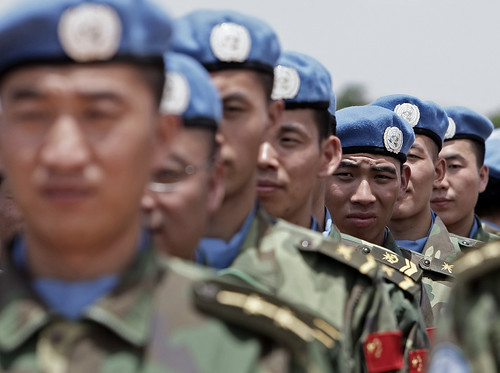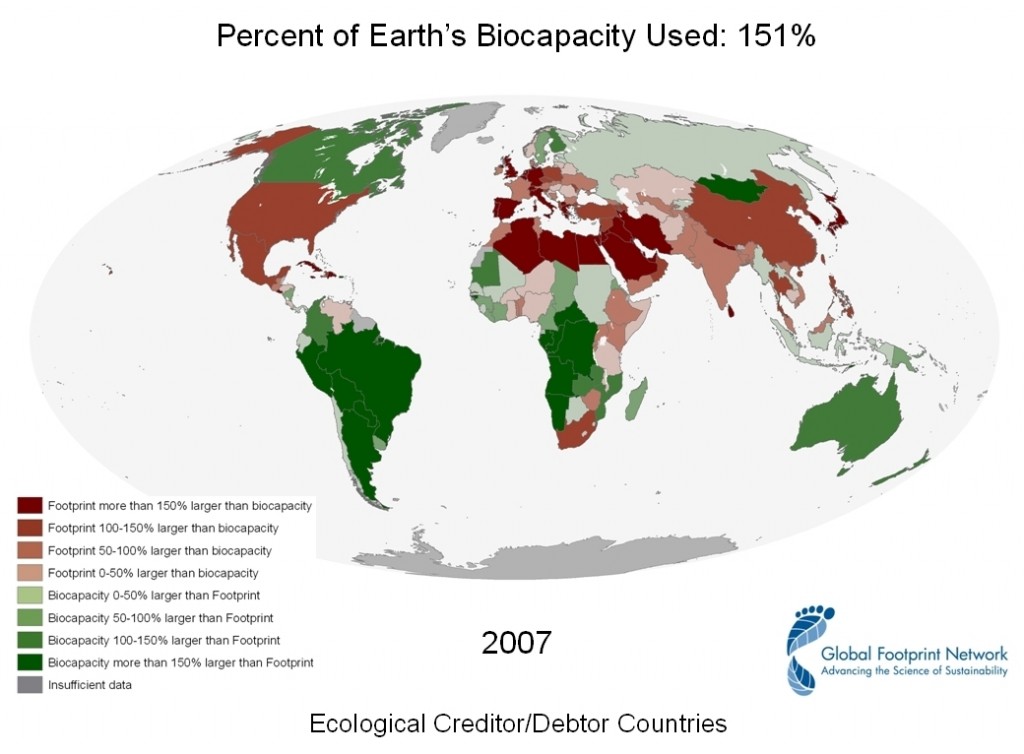
Successive US administrations have regarded unmanned aerial vehicles (UAVs) as among the most effective tools for fighting the ‘war on terror’. John Brennan – Barak Obama’s pick for the next director of the Central Intelligence Agency (CIA) – has stated that UAVs are surgically precise weapons that allow the United States to undertake the ‘targeted killing’ of terrorists. Collateral damage, in terms of the lives of civilians and pilots, is minimized, with UAVs also thought to be cheaper to purchase per unit than fighter aircraft. If so, then UAVs may eventually replace aircraft as the mainstay of the United States’ Air Force.
UAVs have, therefore, become an essential feature of the United States’ vision of lighter and more technologically advanced armed forces capable of conducting light-footprint warfare. This places far less emphasis on fighting land wars and more on the use of UAVs, special-forces, private contractors and local partners to target a diffused and dispersed network of enemies. As part of its commitment to light-footprint warfare, Washington has been working to establish a network of small airbases in Africa to track extremist groups like al Qaeda in the Islamic Maghreb (AQIM) and Al Shabaab, and hunt down alleged war criminals like Jospeh Kony.




